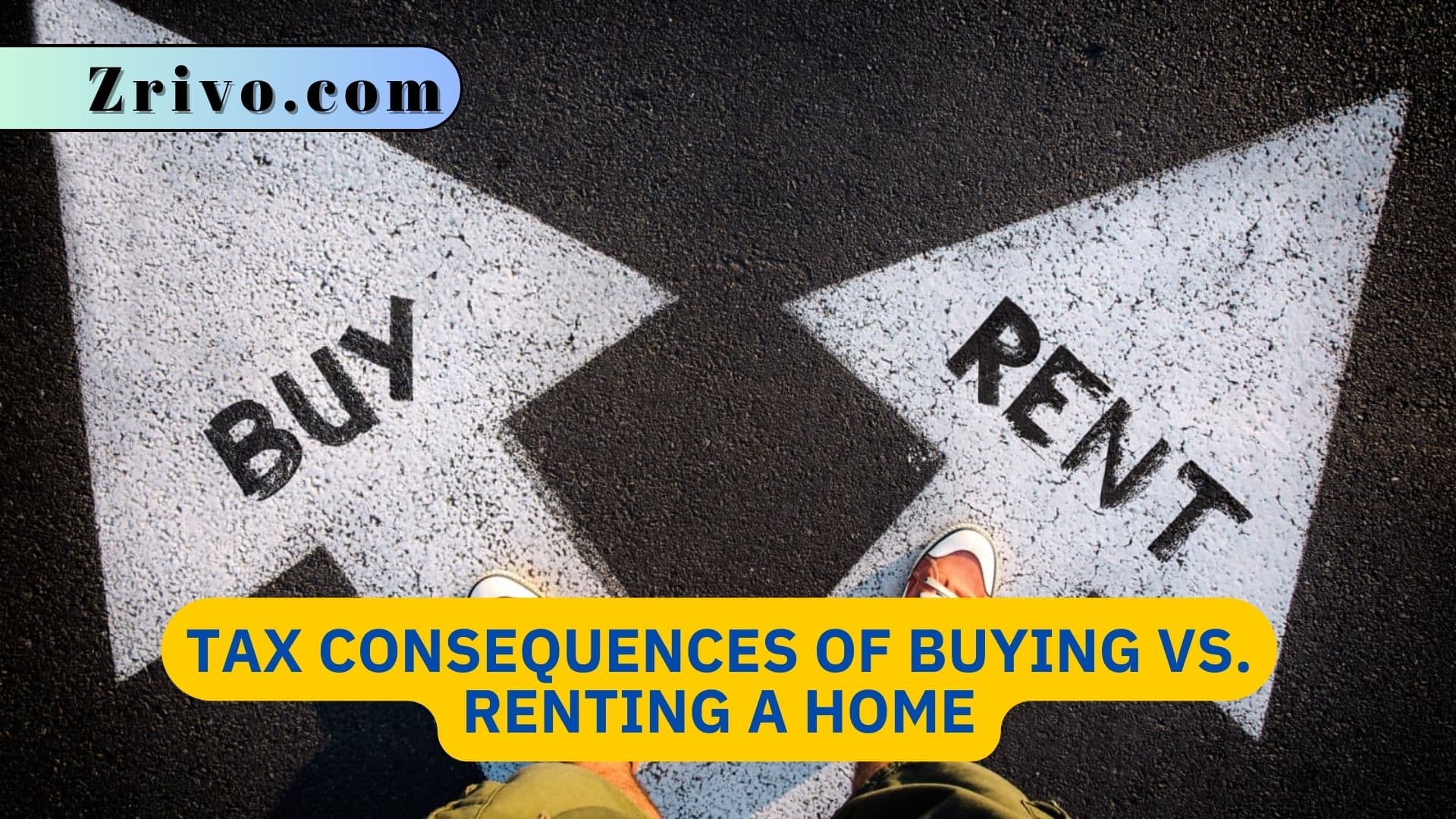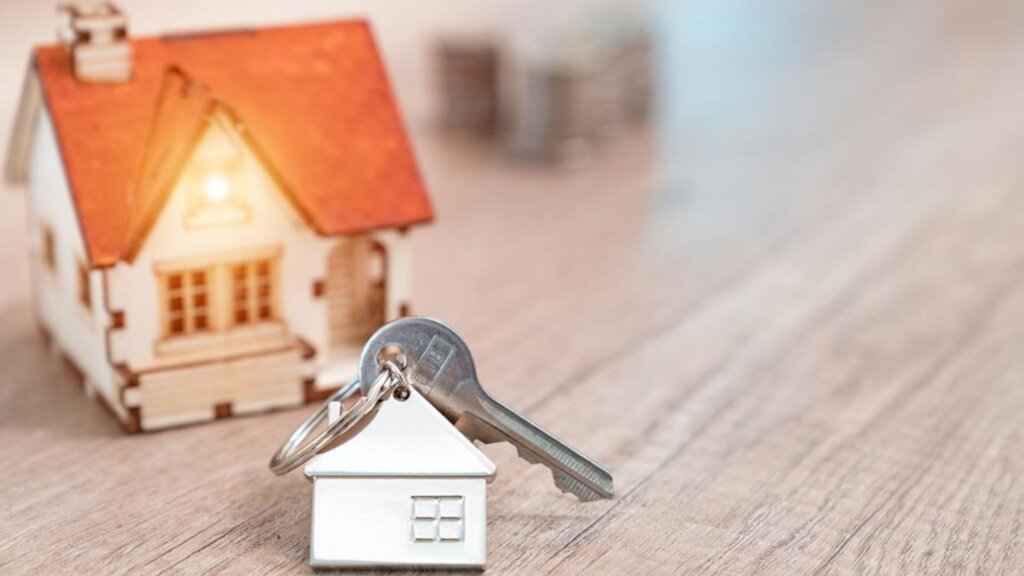
Renting has its benefits, including less hassle, the flexibility to move when your lease ends, and lower upfront costs. But it’s important to consider the long-term cost of renting vs. buying when deciding. Owning a home has the potential to provide significant financial returns and tax advantages over the long term. As a homeowner, you can deduct your property taxes and mortgage interest payments on your annual income tax return. Additionally, homeowners can save on insurance premiums and may be able to deduct casualty losses in the event of a disaster.
Ultimately, the decision to buy or rent is a personal one that depends on your lifestyle, goals, and finances. If you are committed to staying in the same area for three to five years or more and are ready to settle down, owning is probably a good fit for you. The local housing market and mortgage interest rates also play a role in the rent-vs-buy equation. If homes are currently selling for above their purchase prices, it may be better to wait (rent) until the market corrects itself.

What Are the Tax Disadvantages of Rental Property?
Renting can be expensive and may require that you pay more in property taxes and maintenance fees. However, it offers a number of tax benefits. For example, the interest you pay on your mortgage is tax-deductible. Also, landlords can deduct certain rental property expenses, such as property taxes, insurance, and utilities.
One disadvantage of owning rental property is that it can be time-consuming and requires a lot of work. It’s also important to keep in mind that property values can decrease, so you could be underwater on your mortgage if the market takes a downturn.
Finally, renting a rental can be costly regarding capital gains tax and depreciation recapture. To avoid these costs, it’s important to keep detailed records and proof of all expenses related to the property. Additionally, if you’re considering selling your rental property, you may want to consider conducting a 1031 tax-deferred exchange. This will allow you to defer the capital gains tax on the sale of the property and reinvest it into a new investment property.

What Are the Tax Disadvantages of Buying a House?
While buying a house can offer several financial advantages, it’s also important to be aware of potential tax disadvantages. Here are some tax-related drawbacks to consider when purchasing a home:
Property Taxes: Property taxes are typically based on the assessed value of your home and can vary significantly by location. High property taxes can be a significant ongoing expense for homeowners, especially in areas with expensive real estate.
Mortgage Interest Deduction Limitations: While the mortgage interest deduction can be a tax benefit for homeowners, recent changes to tax laws have imposed limitations. As of my knowledge, the cutoff date in September 2021, you could only deduct interest on mortgage debt up to $750,000 for couples filing jointly ($375,000 for single filers) for mortgages taken out after December 15, 2017. For mortgages prior to that date, the limit was higher at $1 million for couples ($500,000 for singles).
SALT (State and Local Tax) Deduction Cap: The Tax Cuts and Jobs Act (TCJA) limited the deduction for state and local taxes (including property taxes and income taxes) to a maximum of $10,000 for individuals and married couples filing jointly. This limitation can be particularly burdensome in areas with high state and local taxes.
Capital Gains Taxes on Sale: If you sell your primary residence for a profit, you may be subject to capital gains tax. However, there are exemptions available for a certain amount of profit ($250,000 for single filers and $500,000 for married couples filing jointly if you meet certain criteria).

How Does the IRS Know If I Have Rental Income?
The IRS knows if you have rental income in a variety of ways, including being reported by third parties or discrepancies between reported and actual expenses. The IRS also has a special division that looks for mismatched income and expenses and can be quite aggressive in auditing and reviewing rentals.
You must report rental income in the year you actually or constructively receive it if you are a cash basis taxpayer. This includes any advance rent checks that arrive in the mailbox and security deposits that are refundable at the end of the lease. If you keep a portion of the security deposit, that counts as income as well. If you have a lease with an option to buy, any payments received for that must be included as rental income. You must divide your cost basis between different property types because they depreciate at different rates and over different useful lives.

Is It Cheaper in the Long Run to Rent or Own a House?
Choosing whether to rent or buy is a personal decision that depends on your lifestyle and financial situation. However, there are some objective benefits and disadvantages to each option. For example, homeowners can take advantage of tax deductions such as mortgage interest payments and property taxes. In addition, homebuyers can build equity in their homes and potentially profit when they sell them. Renters, on the other hand, don’t have these benefits.
In addition, homeowners can also benefit from a variety of homeowner association (HOA) fees, home warranty expenses, and mortgage insurance. In contrast, renters may have to pay additional money for HOA fees, property taxes, and other maintenance expenses.
When deciding whether to rent or buy, be sure to consider all the costs involved. For example, buying a house can be more expensive in the long run than renting because you will have to pay for property taxes, mortgage insurance, and HOA fees. Furthermore, you should make sure that your monthly mortgage payment (including principal and interest, property taxes, homeowners insurance, and PMI) is no more than 25% of your income.